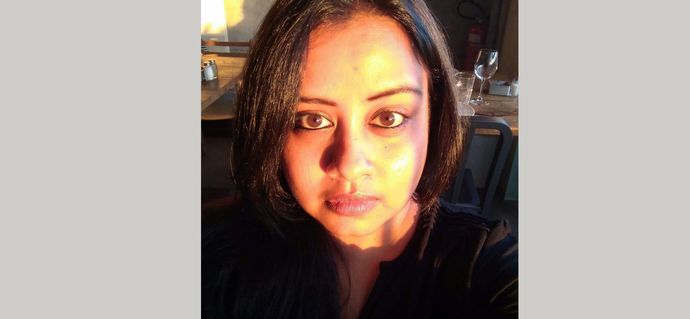Utpal Dutt: Labour, Revolutionary Organisation and the Question of ‘Love’
Utpal Dutt: Labour, Revolutionary Organisation and the Question of ‘Love’

Dr Trina Nileena Banerjee looks at the trajectory of Utpal Dutt’s work as a Marxist playwright in the group theatre movement.
Writing a political history of the group theatre in Bengal involves looking at a movement that was in no way cohesive. It grew without a manifesto or a unified aesthetic impulse and harboured many separate, even conflicting, articulations of political intention. The Bengali group theatre developed in independent India from the late 1940s onwards, finding its strongest roots in the city of Calcutta but spreading out throughout the eastern state of West Bengal. At least in the period between the 1950s and 1980s, the movement was chiefly driven by a broad leftist ideology. It drew manifestly on the ideological legacy of the Indian People’s Theatre Association. The artistic and activistic work of the IPTA had inspired thousands of cultural workers across the Indian subcontinent in the 1940s. However, the largely amorphous nature of the group theatre in post-independence Bengal allowed for the (not always peaceful) coexistence of many divergent politico-cultural strands - ranging from the broadly progressive and patriotic to the violently radical.
This paper will attempt to look at the trajectory of Utpal Dutt’s work as a Marxist playwright within the group theatre movement through the 1960s and 1970s, concentrating on two primary aspects. First, it will attempt to trace his careful fashioning of the figure of the ‘organic intellectual’ as a dramatic character in his plays. This figure appears almost like a leitmotif in Dutt’s work from the late 1950s onwards, providing the primary impetus towards, as well as direct pedagogic training in, revolutionary organisation. From Angar (1959) to Teer (1967), the organic intellectual in his plays develops in depth and complexity, transforming in character from a young male mining labourer to a tribal woman who educates herself in revolutionary literature in order to become a teacher of the Red Book for her comrades. Besides strong persuasive abilities and the ability to organise revolutionary groups, what these characters are endowed with irrespective of gender is a high degree of sophisticated technical and military knowledge (of the coal mines, of how to steer a ship, of how to lead a guerrilla army). They are defined by an intense love of their own work. However, while the love of labour seems to aid the process of revolutionary organisation, what seems to complicate its smooth functioning is the love between men and women. The second question this paper will engage with is the problem of ‘revolutionary love’: what is the place of desire in the time of revolution? In Teer (1967) – a play written about the revolutionary peasant movement sparked at Naxalbari in Bengal - Dutt seems, for the first time, to frame a political problem without knowing the solution. Neither the text of class war nor the grammar of women’s empowerment within the revolution is able to justly tackle the problem of love: I attempt to examine Dutt’s grappling with this radical question.
Dr Trina Nileena Banerjee
After completing her MA in English Literature from Jadavpur University, Trina Nileena Banerjee proceeded to complete a Masters of Studies (M St.) in English at the University of Oxford. For her PhD, she worked on a history of women in the group theatre movement in Bengal between 1950 and 1980. She has also been researching the interfaces between women’s movements and political theatre in contemporary Manipur for several years now. Her essays and reviews on these and other subjects have appeared in national and international journals, as well as in several edited volumes. She writes both in English and in Bengali. Between 2011 and 2013, she taught at the Theatre and Performance Studies Department at the School of Arts and Aesthetics in Jawaharlal Nehru University. She is currently Assistant Professor in Cultural Studies at the Centre for Studies in Social Sciences, Calcutta. Her essays have been published in several edited volumes and national/international journals. She writes in both Bengali and English. Her research interests include Gender, Performance, Political Theatre, Theories of the Body, Postcolonial Theatre and South Asian History. She has also been a theatre and film actress, as well as a journalist and fiction writer. Her book Performing Silence: Women in the Group Theatre Movement in Bengal is forthcoming from Oxford University Press (India) in June 2021.
